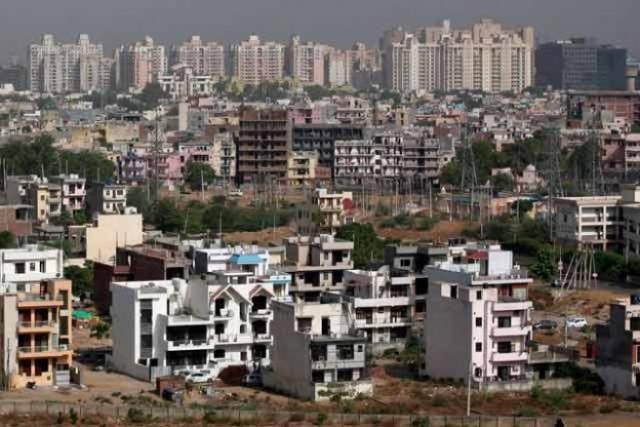 After the Maharashtra government has scrapped the Mumbai redevelopment plan, Nicolas Jachiet, chairman and chief executive officer, Egis, a French engineering company, and Ashish Tandon, managing director, Egis India, defend the role of their company in developing it, in an interview with Arijit Paladhi. Excerpts:
After the Maharashtra government has scrapped the Mumbai redevelopment plan, Nicolas Jachiet, chairman and chief executive officer, Egis, a French engineering company, and Ashish Tandon, managing director, Egis India, defend the role of their company in developing it, in an interview with Arijit Paladhi. Excerpts:
The Mumbai Development Plan 2034 that was drawn up by Egis drew a lot of flak from all quarters, uniting a lot of politicians for a change.
It has now been scrapped by the chief minister. What went wrong? What's your side of the story?
Ashish Tandon (AT): As a company we were provided a specific mandate and we delivered on that front.
Our client was satisfied but we understand we cannot make everyone happy.
People have the right to protest when they don't agree and that's something we understand. We are open to suggestions and criticism.
We are a technical company with the specific mandate to propose different solutions to problems. Beyond that, our mandate is restricted.
Egis has a diverse engineering portfolio globally which includes road construction, rail, water and urban development.
Are there any key areas that you are looking to focus on in your India operations?
Nicolas Jachiet (NJ): We have the second largest number of employees in India and we intend to continue growing in this market.
Although it's difficult to choose, transport infrastructure remains a bottleneck for growth while urban development remains a focus area.
Prime Minister (Narendra) Modi laid a lot of stress on development of smart cities when he visited France last week and we are very keen on it as well.
Smart cities provide us the opportunity of gathering our capabilities and utilising them in one place.
What is your take on the contentious land acquisition issue? How much has it played a part in dissuading private investment in road construction?
NJ: Land issues are ubiquitous across nations.
In other nations, it could be delays in environmental clearances, or legal disputes about the legitimacy and viability of projects, or even the need of the project.
However, what is important is to find a balance and address the legitimate issues of the land owners and the needs of industrialisation.
There is a need to develop a framework that takes an appropriate window of time for discussion while being principally fair to both parties involved.
Has the government made any tangible progress in the past 10 months?
AT: The government is putting in efforts in the right direction. NHAI, for example, has moved forward with EPC projects on road construction, which reflects the government's will.
However, there has not been any significant translation to impact on the ground level due to various issues.
With banks unwilling to risk more exposure and private players under severe debt on half-baked projects, NHAI had to step in. One of the major complaints previously was an inefficient dispute resolution mechanism. Has anything changed on that front?
AT: Disputes have not really cropped up yet. The economy has to kickstart for disputes to start coming up.
As far as previous disputes go, wherever there are legacies involved, things will take time. Whether the system has changed with this government will only be clear once things start moving.
To share the risks, the hybrid annuity model has been introduced recently. Has that helped in assuring the private sector a bit more?
NJ: I believe that diversifying the types of contracts and risk-sharing is a good step. Perhaps it may not always work but it offers options and helps assure the private sector a bit more.
What are the smart cities that you are looking at developing?
NJ: We are looking at the developing three smart cities, including Nagpur and Puducherry.
Photograph: Reuters










 © 2025
© 2025